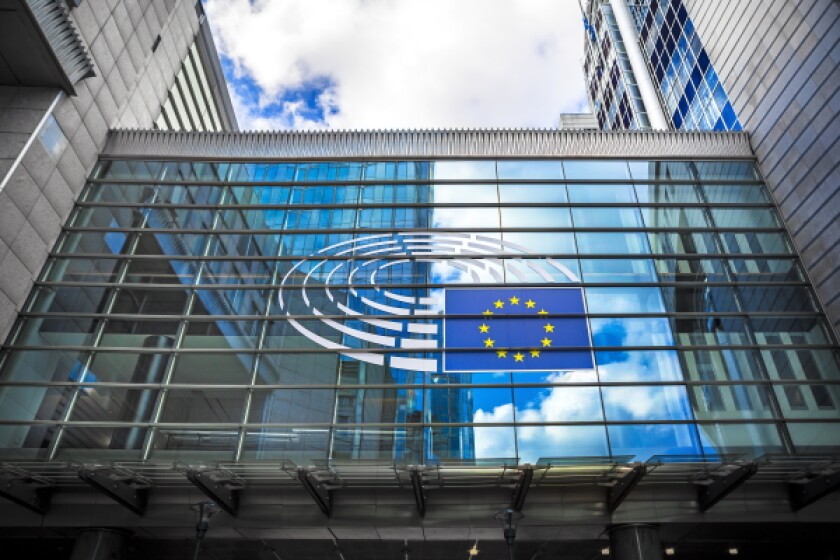The European Parliament’s legal affairs committee has backed the European Commission’s plan to overhaul the EU’s framework for standard-essential patents.
The Committee on Legal Affairs, known as JURI, adopted its position with 13 votes in favour and 10 abstentions.
Under the rules, the EUIPO would operate a public register of SEPs, test their essentiality, and determine fair, reasonable, and non-discriminatory (FRAND) royalties for implementers to pay patent owners.
SEP owners would also be barred from enforcing their patents in court while the EUIPO-led process, mooted to take nine months, was ongoing.
German Member of the European Parliament (MEP) Marion Walsmann, JURI’s rapporteur for the bill, said the rules would “bring much-needed transparency to an opaque system, make negotiations fairer and more efficient, and strengthen European technological sovereignty”.
“SEP holders will also benefit from an increased number of licences, faster agreements, more predictable returns, and a reduced risk of litigation,” Walsmann added.
SEP owners, however, have fiercely opposed the plans and warned it would disincentivise investment in R&D.
Patent owner lobby group IP Europe has urged EU lawmakers in recent weeks to “rethink this while we still can”.
“Some decisions cannot easily be undone. If the European Parliament follows the commission's flawed reasoning on SEPs, European inventors that invest in global standards development would be out of the game,” a post on the group’s LinkedIn account said today.
The regulation has received a warmer reception from implementers and net licensees, who say it will help mitigate patent owner holdup.
Evelina Kurgonaite, secretary general of the Fair Standards Alliance, told Managing IP that today’s vote marked “one step closer to important changes in the currently highly unbalanced and untransparent SEP licensing system in Europe”.
“It is clear the current status quo is not working in favour of European competitiveness, as data shows that over one billion euros flowed from licensees in France and Germany into the hands of foreign holders of SEPs in 2022.
“Innovative European industry is a net licensee of standardised connectivity technologies,” Kurgonaite said.
The proposed regulation remains a long way from entering law.
The full parliament must approve the text before talks with the Council of the EU and the commission can proceed.
Several member states on the council have signalled their disapproval, while the current commission’s term will end after the European elections in June.
It remains to be seen whether the next commission will push ahead with the SEP Regulation.
Ursula von der Leyen has not yet confirmed whether she will seek a second term as president of the commission.











